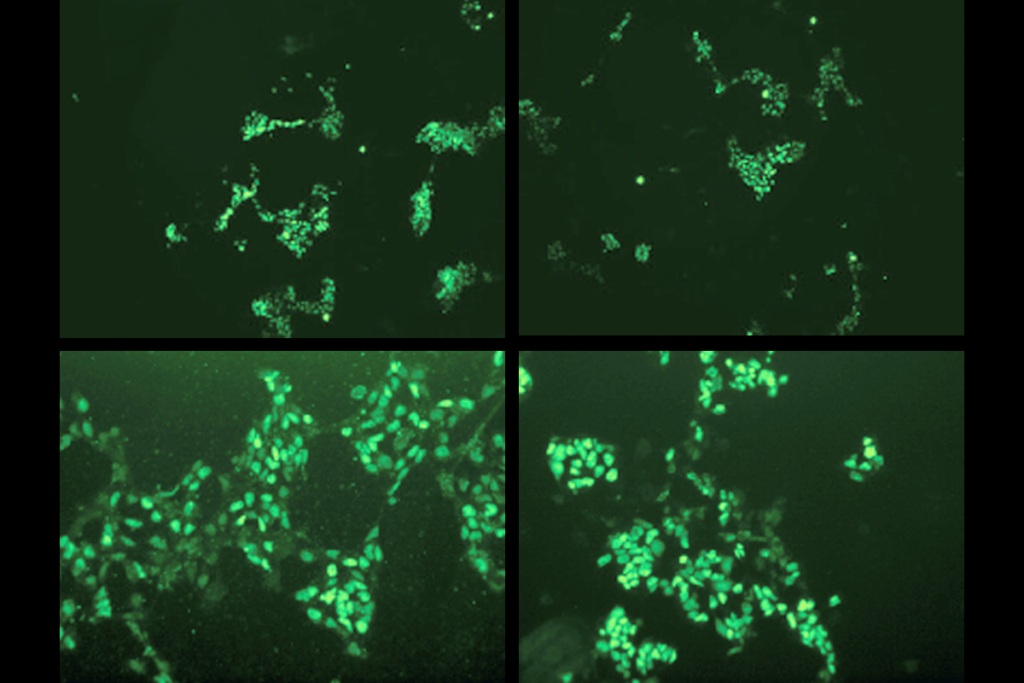Spotted: Phony reviews; tracking trials
Springer pulled 64 studies over faked peer reviews, and positive clinical trial results are hard to find.
Editor’s Note
Welcome to Spotted — a weekly roundup of autism papers you may have missed and media mentions you should know about. We scour the scientific literature and the press daily for all things autism. With Spotted, what’s on our radar is also on yours. Here’s what’s out there this week:
- Springer has retracted 64 articles in 10 journals because of a “compromised” peer review process. The publisher, whose portfolio includes the Journal of Autism and Developmental Disorders, announced the retraction Tuesday after an internal investigation uncovered fabricated peer reviews.
It’s unclear who made up the reviews or why. A media statement from Springer cites “fake email addresses,” suggesting that perhaps the people who were supposed to review the studies never saw them. Sadly, this isn’t the first time a bungled peer review process has sparked a retraction. Last year, BioMed Central (which is owned by Springer Science+Business Media) retracted 43 papers over faked reviews.
Springer has not yet announced which journals or studies are involved, but the publisher is reviewing its editorial process to guard against future gaffes. “The peer-review process is one of the cornerstones of quality, integrity and reproducibility in research, and we take our responsibilities as its guardians seriously,” Springer said in a statement.
- Since 2000, researchers have had to publicly register clinical trials at ClinicalTrials.gov. The registry forces researchers to detail their methods and intended endpoints before starting their studies, with the aim of making trials more rigorous.
A sobering study published earlier this month in PLoS One suggests this strategy worked. Only 8 percent of trials conducted after 2000 had positive results, compared with 57 percent of trials conducted before that year. After all, it’s harder to get positive trial results when you have to meet your original lofty goals. (The researchers focused on big, pricey trials funded by the National Heart, Lung, and Blood Institute.)
The findings “may be disappointing to investigators, but they are not negative for science,” the researchers wrote in their discussion. “Transparent and impartial reporting of clinical trial results will ultimately identify the treatments most likely to maximize benefit and reduce harm.”
- Babies learn to talk by mimicking Mom and Dad. Over time, their babbles evolve into words. A study published last week in Science suggests baby marmosets mimic their parents, too. Their vocalizations, called ‘phees,’ morph over time as their incorporate parental feedback. Click here to hear for yourself.
Marmosets are social animals, too, leading some researchers to study them for clues about autism. - Every year in the U.S., about 50,000 children with autism transition into adulthood, many of whom want jobs but don’t know where to look.
A webinar scheduled for next Wednesday aims to simplify the process. Judith Gross, assistant professor at the University of Kansas and lead researcher on a project called Family Employment Awareness Training, will discuss different types of opportunities and support services for adults on the spectrum in search of employment.
Recommended reading

Developmental delay patterns differ with diagnosis; and more

Split gene therapy delivers promise in mice modeling Dravet syndrome

Changes in autism scores across childhood differ between girls and boys
Explore more from The Transmitter

Smell studies often use unnaturally high odor concentrations, analysis reveals

‘Natural Neuroscience: Toward a Systems Neuroscience of Natural Behaviors,’ an excerpt
